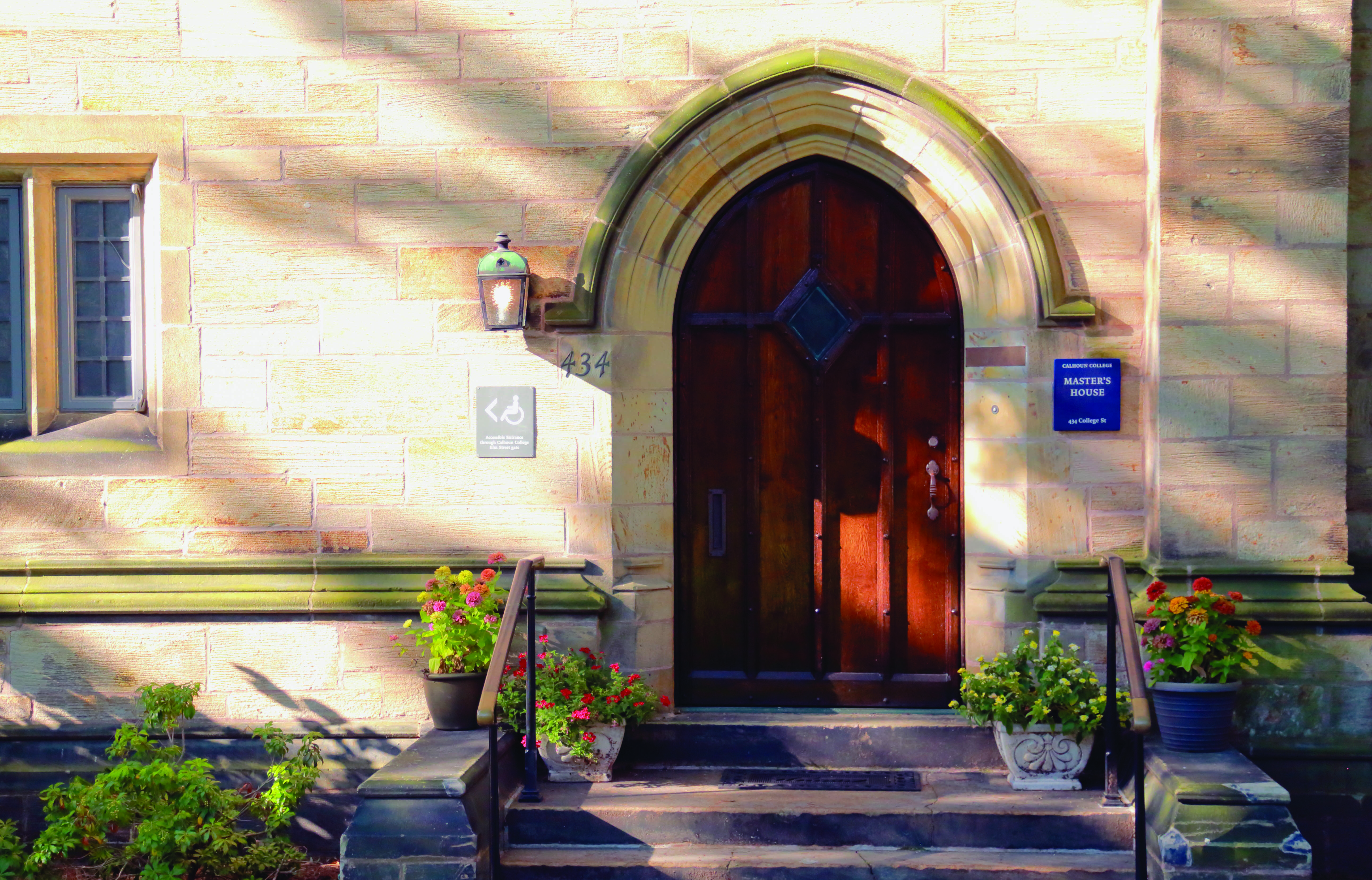
Over the past two weeks, Harvard and Princeton have decided to stop using the word “master” in their residential college housing systems.
On Tuesday, Harvard College Dean Rakesh Khurana sent an email to all Harvard students announcing that undergraduate residential “house masters,” with the support of Harvard President Drew Faust and Faculty of Arts and Sciences Dean Michael D. Smith, had unanimously expressed a desire to change their title. As such, Harvard College will soon launch a process that culminates with a suggested replacement title, to be announced at some point early next year. The Harvard announcement comes less than two weeks after Princeton University announced it would immediately change the title of “master of the residential college” to “head of college” amid discussions about racism and discrimination on college campuses nationwide, including a call by student activists to remove the name of former U.S. President Woodrow Wilson from campus buildings and the School of Public and International Affairs.
At Yale, the University has yet to decide whether to replace the title of master, months after religious studies professor Stephen Davis sparked campus dialogue on the subject when he asked students in his college to refer to him as the “head” of Pierson College rather than the “master.” In an email to his students, Davis cited the title’s racial and gendered implications as reasons for his discomfort.
University President Peter Salovey said the decisions reached by Princeton and Harvard will aid Yale in reaching a decision of its own.
“I am confident that Yale will come to a decision about the title ‘master’ in a reasonable amount of time,” Salovey said. “The recent decisions at Princeton and Harvard represent information that is useful for our discussions.”
There have previously been discussions about the word “master” at Harvard: The position was originally called “master,” but the word “house” was added years ago to deflect unfortunate associations. However, Harvard house masters told the News in August that the word has not been a topic of much contention at the university because students rarely address them by their official title. Instead, students call them by their first names, or by nicknames.
In his email to the student body, Khurana — who also is head of Cabot House — said the decision to move away from the title of master brings the university into line with the values and demands of the 21st century.
“The desire to change this title has taken place over time and has been a thoughtful one, rooted in a broad effort to ensure that the College’s rhetoric, expectations and practices around our historically unique roles reflects and serves the 21st-century needs of residential student life,” the email read.
Alexander Kaufman, a sophomore at Harvard, said he supports changing the “house master” title. Though he said he has not yet had the chance to discuss the decision with many of his peers, he said he expects the administration to be widely applauded in striving to make the Harvard community more welcoming. Changes in the college’s rhetoric may seem minor, but the effects of slight adaptations can be widely felt, he added.
The Princeton administration decided to abolish the title “master” two weeks ago as students began to call for racial justice at the university.
A Princeton sophomore, who wished to remain anonymous, told the News that when the university announced the title change, students had not explicitly asked for the abolishment of the title “master.” She said the Princeton administration had taken the step as a pre-emptive measure after hearing that there would be a sit-in at the president’s office later that day.
Salovey said he, Yale College Dean Jonathan Holloway and the Council of Masters have been discussing since August whether the title of master should change, and expect to reach a conclusion later this academic year. Meanwhile, many of the other residential colleges’ masters have issued statements to their own students telling them to use whatever form of address they prefer, although none have pushed back on the term ‘master’ as explicitly as Davis did.
University Vice President and General Counsel Alexander Dreier said only the Yale Corporation can officially change the title of master.
“For the title “master” to be officially changed, the Yale Corporation would have to amend the Corporation Bylaws,” he said.
Still, Salovey said he suspects the Corporation will look for input from him, Holloway and the masters before taking any action to change the University bylaws. In addition, Holloway told the News last month that masters can call themselves whatever they want within their college communities.
Julia Zhuang ’17 said she expects Harvard’s and Princeton’s decisions to matter to University administrators because Yale is constantly comparing itself to its peer institutions, especially Harvard and Princeton.
The Council of Masters will hold a regularly scheduled meeting on Friday, Holloway said, adding that he expects that Harvard’s and Princeton’s decisions will strongly impact the discussion.
“I am sure that our peer institutions and their decisions will become a central part of the conversation,” he said.







